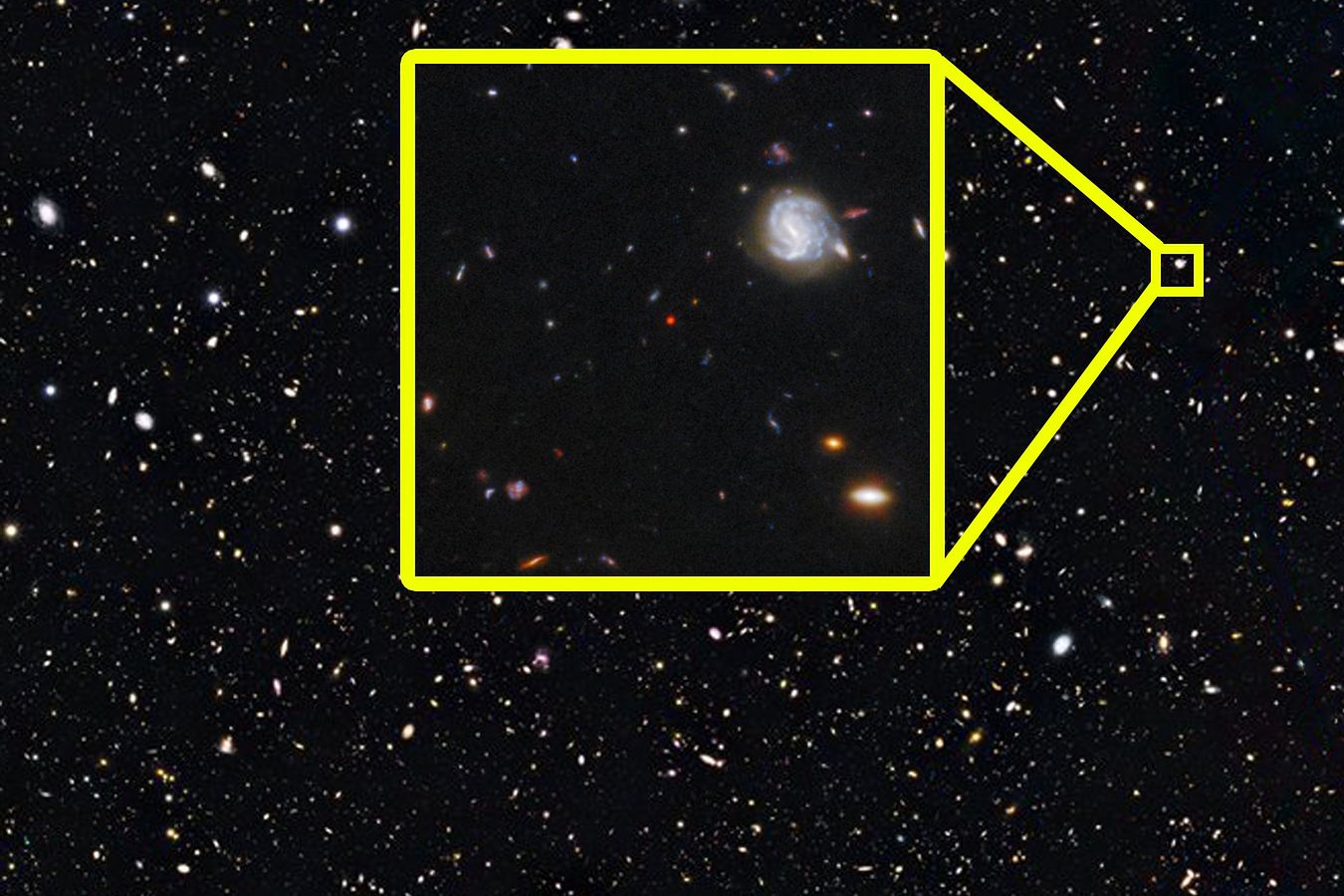It is said that Venus is Earth’s twin. No matter how you look at it, it is also a rocky planet, about the same size as Earth. That’s basically all the similarities between these two planets. Conditions on the surface of Venus are very different from those on Earth. The temperature on the surface of the planet is more than 420 degrees Celsius, and the atmospheric pressure there is a hundred times higher than the atmospheric pressure on Earth, that is, the same kilometer below the surface of the ocean, and sulfuric acid rains from time to time. These conditions are not only deadly for humans, but even the automatic space probes that landed on the surface of the planet were only able to stay there for a few hours.
We know little about the surface of the planet, because the entire globe is obscured by a thick, dense cloud cover, in which flares are observed from time to time.
Read also: Venus is not a dead planet! Its volcanoes are proof of that
w Latest scientific works Scientists from Stanford University show that, contrary to previous suspicions, we may be dealing here not with atmospheric discharges but with meteorites, just like those in the Earth’s atmosphere.
Research into this phenomenon has been conducted recently, mainly due to the fact that in the coming years a fleet of space probes from several different countries will fly towards Venus. However, before loading these probes onto the top of rockets, scientists want to analyze the planet’s atmosphere as carefully as possible to better prepare the probes for an encounter with the planet. The suspicion that it might be a lightning bolt leads us to believe that such discharges might pose a serious danger to probes falling toward the planet’s surface, or to balloons carrying research instruments into the planet’s atmosphere. In this context, meteorites are a much more optimistic explanation for flares.
Scientists admit that we do not yet know whether lightning can occur in the atmosphere of Venus, because we still know very little about the dynamics of this atmosphere. On the other hand, previous landers that reached the planet’s surface recorded electromagnetic interference in radio waves, similar to lightning during storms on Earth.
Read also: Solving the mystery of Venus. We know why it is so different from Earth
Scientists have already observed discharges from both ground-based telescopes and space probes. It is estimated that between 10,000 and 100,000 such events occur in the planet’s atmosphere each year. You might think that’s too much for Venus. On the other hand, it should be taken into account that in the denser atmosphere of the planet, these flashes are much brighter and more noticeable, especially since they enter the atmosphere of Venus at a higher speed (about 25 km/s) than in the atmosphere of Venus. Earth’s atmosphere (20.3 km/s). This is due to, among other things, because Venus revolves around the Sun more quickly than Earth. Maybe that’s why you see so many of them there.
Scientists point out that although this analysis is convincing, we still know little about what is actually happening in Venus’ atmosphere. The fact that there is much more carbon dioxide in the atmosphere than on Earth means that there may be lightning discharges there, which, although they do not cause lightning, may still pose a risk to space probes.

Echo Richards embodies a personality that is a delightful contradiction: a humble musicaholic who never brags about her expansive knowledge of both classic and contemporary tunes. Infuriatingly modest, one would never know from a mere conversation how deeply entrenched she is in the world of music. This passion seamlessly translates into her problem-solving skills, with Echo often drawing inspiration from melodies and rhythms. A voracious reader, she dives deep into literature, using stories to influence her own hardcore writing. Her spirited advocacy for alcohol isn’t about mere indulgence, but about celebrating life’s poignant moments.









